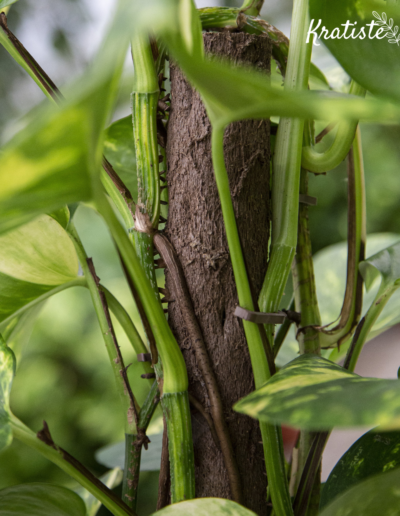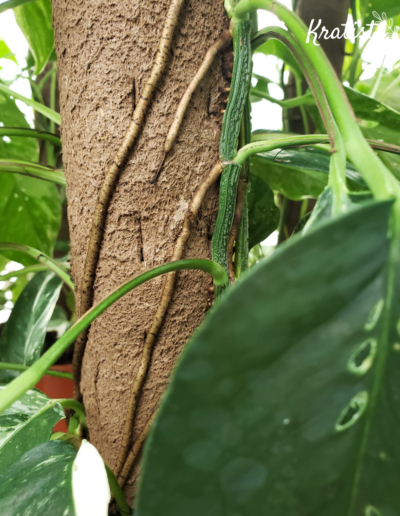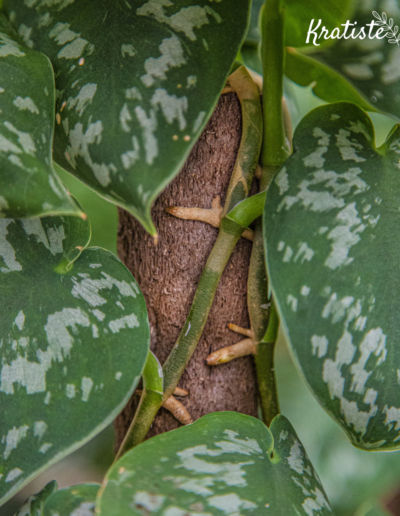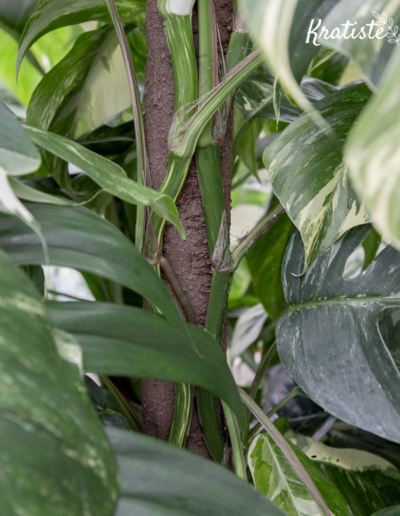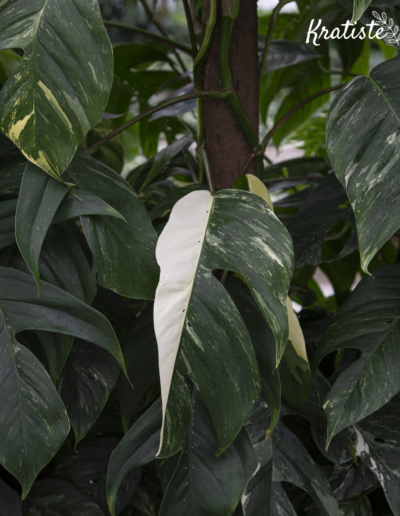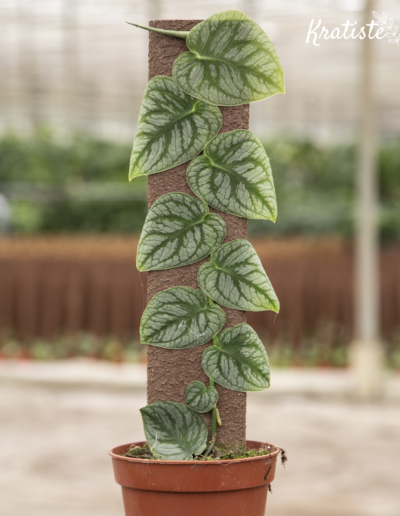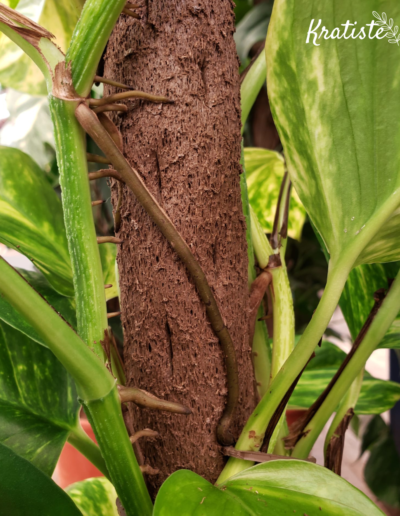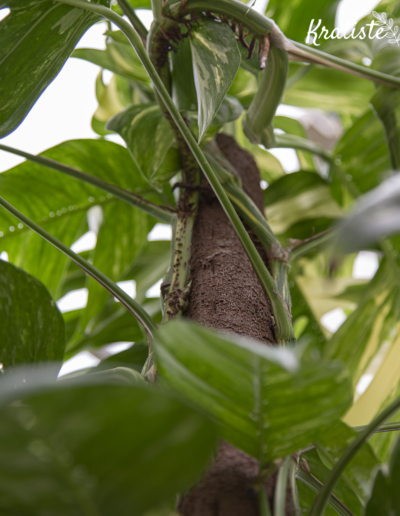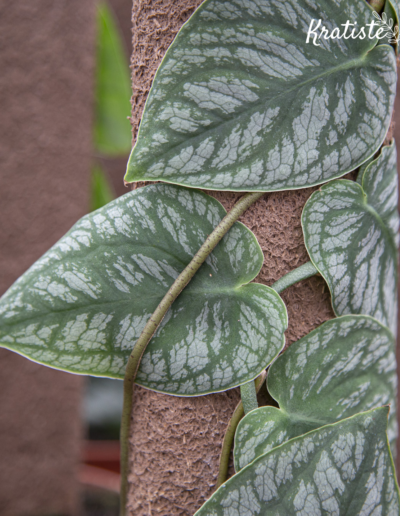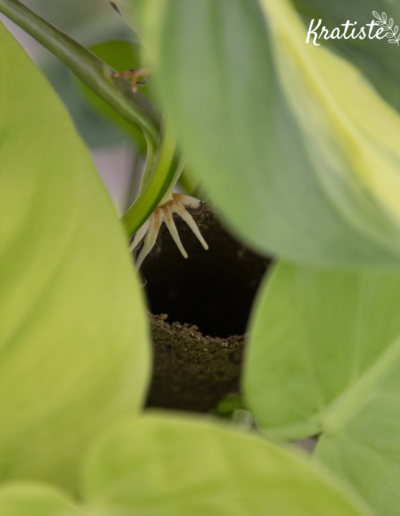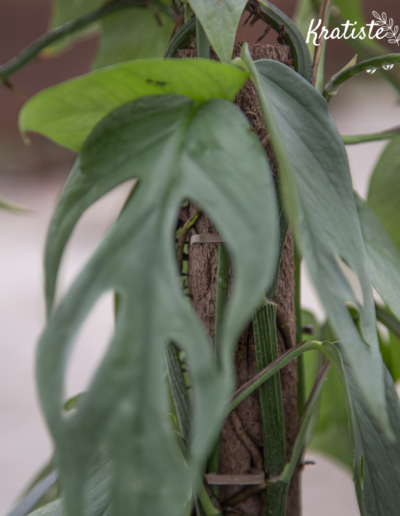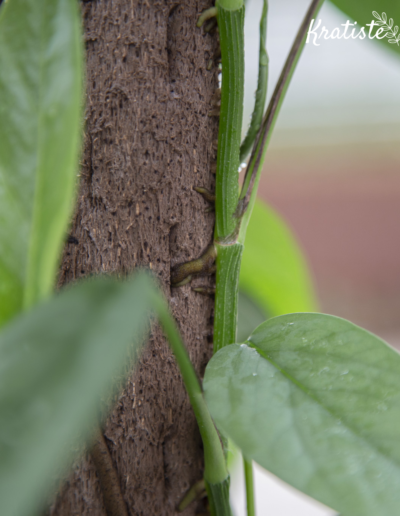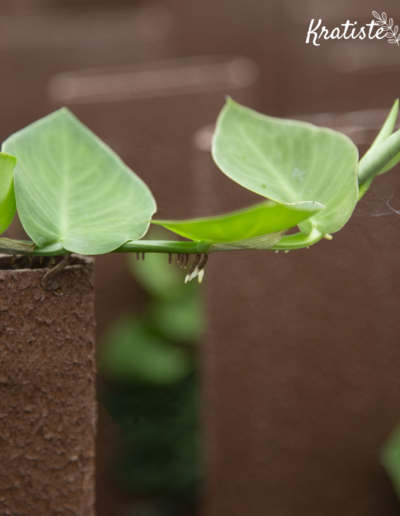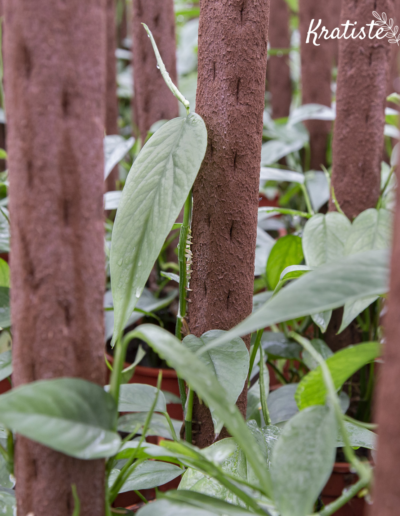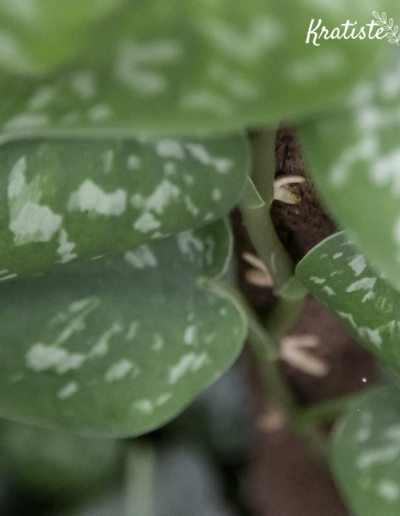100% natural climbing poles for plants
Make yourself, the world and your houseplants happy with plastic-free climbing poles
Assure yourself of more beautiful houseplants
You like to see your plants grow into beautiful specimens. Unfortunately, they are not reaching their potential. This is a waste of time & money. We make sure you can grow houseplants that make you proud & happy from now on!
Finally… plant sticks without (micro-)plastics.
Growing plants has never been so fun & easy.
Offer your houseplants the structure they love.
Experience the power of nature.
Learn the secrets of your houseplants
Home Grower
Learn how to grow the most beautiful climbing plants.
Grower
Future-proof your nursery.
Exporter
Help your retailers with unique products.
Retailer
Differentiate yourself on sustainability
Inspiration
Creative and sustainable opportunities.
100% natural concept
You can grow the most beautiful plants.
1. Select profile
That way you’ll experience as quickly as possible what Kratiste can do for you & your plants.
2. Discover the secrets
What is the reason your plants don’t look like the experts’ plants? They do know the secrets!
3. Leverage potential
With playful ease, you grow plants that make you happy!


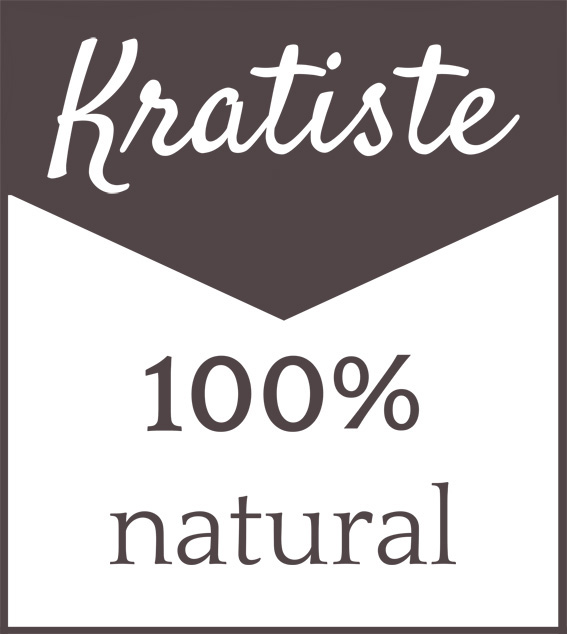
You may be wondering…
How do I get beautiful houseplants?
The quickest and easiest way to get wonderful results, read the E-book: the #3 secrets of your plants.
Are there any micro-plastics in your climbing poles?
No, our 100% natural climbing poles are completely free of (micro-)plastics. Unfortunately, this is not (yet) the case with many other support sticks that consumers now buy. These are often impregnated against mold. This is necessary because bamboo contains sugars. This allows mold to develop, just like a slice of bread left lying around. The traditional moss stick contains a plastic tube that can cause (micro) plastics in waste disposal.
Why is Kratiste the first manufacturer to produce a 100% natural climbing stick?
Kratiste spent three years with a specialized team developing the Kratiste climbing stick full-time. When we started developing the Kratiste climbing stick, many people thought it wouldn’t be possible. That was because in the nursery almost the same conditions apply as in the green waste treatment plant: high humidity, heat (>55 degrees Celsius) and bacteria. Based on these three conditions, a Kratiste climbing vine can compost in waste disposal. After years of development and testing, we have found the right recipe of raw materials, in cooperation with various growers. We did this whole process because we felt that the consumer and the world deserved an alternative to unsustainable plant support from Asia.
Am I helping the world with Kratiste climbing sticks?
Yes, Kratiste produces the 100% natural climbing poles in its own factory in the Netherlands. As a result, the canes do not have to be transported from Asia to get to your plant.
Is Kratiste the manufacturer?
All 100% natural climbing poles sold by Kratiste are made by the company itself in its factory in Geldermalsen. The raw material mix and natural structure of our products is completely unique. Even the natural raw materials we grow together with our Dutch farmers.
What are Kratiste climbing poles made of?
Kratiste climbing poles are made from 100% natural materials. The raw materials used to produce the climbing stick are mainly potato starch (PLA) and Dutch Elephant Grass. By using plant residues for, the product has a low CO2 footprint. With each product, we provide a digital raw materials passport, making the raw materials fully insightful. That factories are transparent in how they operate is crucial to achieving a more sustainable world for all of us.
How does the concept of Kratiste work?
In just 21 seconds you will learn how to make the most beautiful houseplants. Click here to watch the video.
Are your climbing poles much more expensive?
No, our 100% natural climbing poles are in many cases as expensive as the plastic variety. This is because we believe it is important for sustainability to be accessible to all.
Are there any drawbacks to 100% natural climbing poles?
Natural climbing sticks are better compared to plants than plastic climbing sticks or bamboo. No stick is the same and some sticks will fit your requirements better than others.
The structure of each climbing stick is unique and varies. Also, the climbing vine can obviously compost completely if you create the right conditions for it: lots of microbes, a high temperature and plenty of moisture.
NOTE: The Kratiste climbing stick is resistant to 50 degrees Celsius. Then the material softens as the temperature increases. If you drop the temperature below 50 degrees again, the material hardens again.
